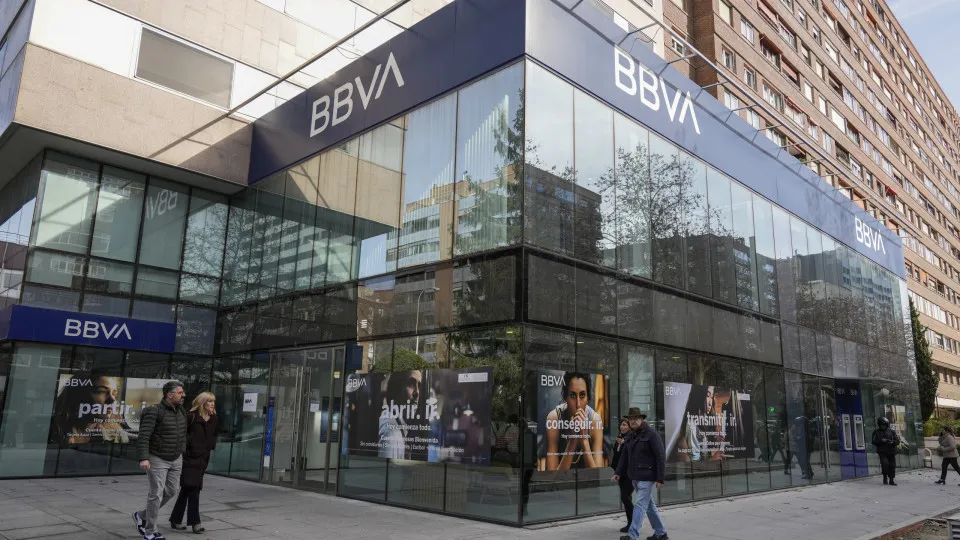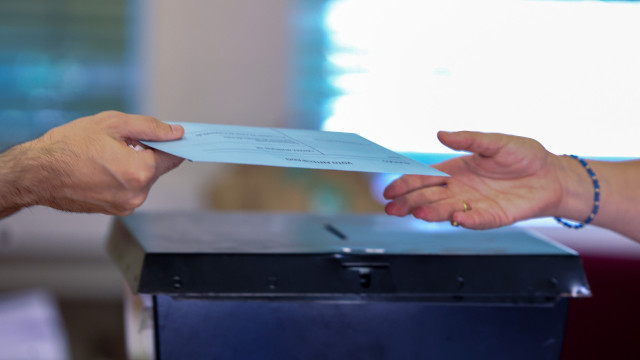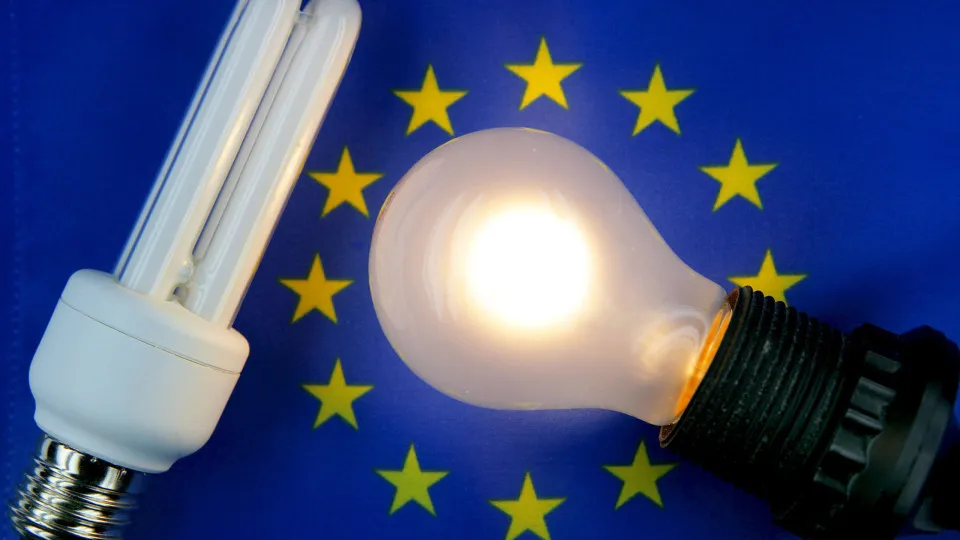
Carlos Torres, who persisted in a year-and-a-half-long hostile takeover bid for BBVA to absorb Sabadell despite various regulatory and political hurdles, stated today at a press conference in Madrid that while the operation would have been “fantastic,” its failure “is not a reason for resignation.”
The BBVA chairman ensured that he feels “fully supported” by the bank’s Board of Directors and shareholders’ assembly.
The position he holds “did not depend on the result of this process,” Carlos Torres noted, adding that all decisions were made collectively by the Board of Directors, including the decision to proceed with the takeover bid.
BBVA failed to successfully complete the bid for the Catalan bank Sabadell, not even reaching 26% of the financial institution’s capital, as announced by Spain’s National Securities Market Commission (CNMV) on Thursday.
The Basque bank secured 25.47% of Sabadell’s capital, far from the initial goal of 50%, which would have given it control over the Catalan entity.
Carlos Torres expressed respect for Sabadell’s shareholders who rejected the offer, yet insisted it was “good for everyone: clients, shareholders, employees, Spain, and Europe.”
“It’s a lost opportunity for everyone,” he asserted.
The BBVA president did not disclose the shareholder groups responsible for the takeover bid’s failure but stated that he believes that major investors and institutional shareholders of Sabadell largely accepted the offer and that it was the smaller ones who did not respond.
“Perhaps due to the expectation of a second bid,” which could have occurred had a minimum of 30% been reached, Carlos Torres mentioned, asserting there was “undoubtedly” also an influence of Sabadell’s public opposition to the operation.
In an interview with Catalan radio RAC1 prior to the press conference, Carlos Torres assured this is a “closed chapter,” after being asked about the possibility of a future BBVA bid for Sabadell.
Carlos Torres also revealed he spoke by phone on Thursday night with Sabadell’s chairman, Josep Oliu, “to wish him and his bank the best.”
BBVA had already issued a statement on Thursday night following the takeover’s outcome, with Carlos Torres assuring that the bank looks to the future “with confidence and enthusiasm,” maintaining the strategic plan and goals announced in July for the 2025-2028 period. BBVA will continue to be “at the forefront of European banking in growth and profitability.”
The bank expects to achieve profits of approximately 48 billion euros and allocate 36 billion to shareholder returns, according to targets announced in July.
Immediately, according to the same statement, BBVA will accelerate this return, beginning a buyback of outstanding shares worth one billion euros on October 31. On November 7, it will pay the largest dividend in its history, of 32 cents per share, totaling 18 billion euros.
“And as soon as there is approval from the European Central Bank, we will implement a significant additional share buyback program,” Carlos Torres added.
The attempt to merge BBVA with Sabadell aimed to create one of the largest European banks, with nearly one trillion euros in assets, over 135,000 workers worldwide (including 19,213 from Sabadell), and more than 7,000 branches. The new entity would have surpassed CaixaBank (owner of BPI) in assets, becoming Spain’s second-largest bank, only behind Santander.
Since the takeover bid’s launch in May 2024, the process encountered several regulatory challenges.
The market regulator approved the operation only in April this year, and the Spanish government conditioned the merger on the separate maintenance of both banks’ legal identities, assets, and management for three years, with the possibility of extension for two more. Brussels opened an infringement procedure due to the legislation that allowed the government to impose these conditions.
Besides the Spanish government, the Catalan regional executive (both led by socialists) also expressed reservations about the merger of the two banks.
The bid faced criticism from about 70 business associations and unions.
The Basque bank set as a minimum requirement obtaining 50% of Sabadell’s capital. Had it achieved between 30% and 50%, it could have maintained the stake but would have been obliged to launch a second, all-cash bid — unlike the current one, which only proposed a share exchange.
Any stake below 30% would mean the bid’s total failure, which was confirmed.




